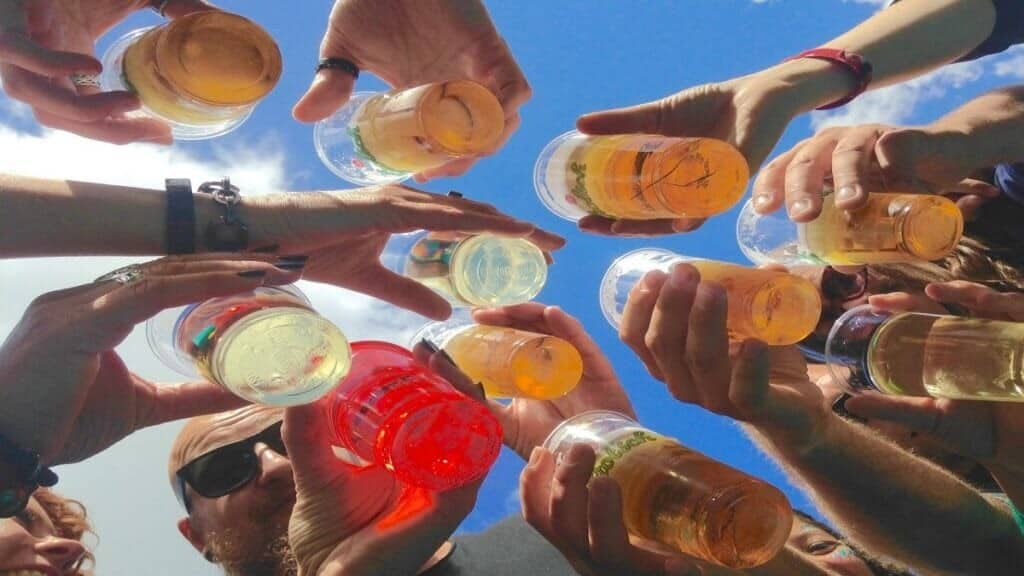
What is UK's new law on drink spiking
What's the story
The United Kingdom government led by Prime Minister Keir Starmer is considering making drink spiking a standalone criminal offense. The move comes amid a shocking rise in such incidents across the country. In the year ending April 2023 alone, 6,732 cases of drink spiking were reported, including 957 involving needles. However, many victims are believed to not report these crimes as it feels futile.
Government pledge
PM Starmer's pledge to ensure safety
"My government was elected on a pledge to take back our streets, and we will never achieve this if women and girls do not feel safe at night," Starmer said. He stressed that cracking down on spiking is key to this mission. The proposed law seeks to send a clear signal that perpetrators will face severe legal consequences. This is part of Labour's broader plan for the UK's parliamentary term, as detailed in the King's Speech.
Legal measures
Proposed penalties and support for spiking incidents
Currently, drink spiking is covered under broader legislation but lacks specific deterrents. The Home Affairs committee has previously recommended making spiking punishable by up to 10 years in prison. To further support this initiative, £250,000 will be allocated for training 10,000 hospitality workers. This training aims to equip staff with the skills to identify and respond to potential spiking incidents effectively.
Industry response
Hospitality industry's role in combating drink spiking
UKHospitality's Kate Nicholls emphasized that the training would equip staff to identify warning signs and ensure victims are given proper support. Home Secretary Yvette Cooper called spiking a "disturbing and serious crime" with lasting effects on victims. She emphasized that people shouldn't have to worry about their safety while going out. The government hopes to instill confidence in victims and ensure strong police action with these measures.
Victim testimony
Victims and activists call for serious action
Stephen Hart, an ambassador for Stamp Out Spiking, recounted his traumatic experience with drink spiking. He felt dizzy and confused after being spiked at a bar in London, only to wake up covered in blood and diagnosed with HIV. Activists urge authorities to take drink spiking more seriously and emphasize the need for comprehensive training for those who can recognize symptoms. Friends are also encouraged to look after each other on nights out by ensuring drinks are not left unattended.
Legal progress
UK government's expedited efforts to pass new law
The UK government hopes to introduce the new law at the earliest, possibly by December. Ministers are working hard to push it forward with the support of key figures including Home Secretary Yvette Cooper and policing minister Dame Diana Johnson. This fast-tracked effort comes amid rising cases of drink spiking and its underreporting as victims believe reporting is pointless.